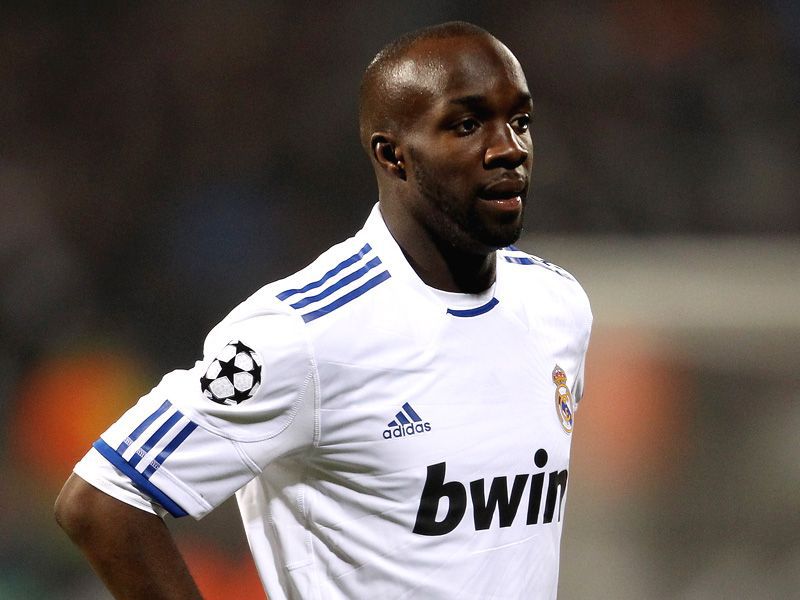Former Chelsea, Arsenal, PSG, and Real Madrid midfielder Lassana Diarra has won a landmark legal battle that could reshape football’s transfer system. The Court of Justice of the European Union (ECJ) ruled in his favor against FIFA and the Belgian Football Association, paving the way for him to claim €65 million in damages.
The dispute dates back to 2014, when Diarra unilaterally terminated his contract with Russian club Lokomotiv Moscow. A Russian court initially ordered him to pay €8.2 million in compensation, but he successfully contested the ruling with support from the international players’ union. After more than a decade of legal back-and-forth, the ECJ concluded that FIFA’s transfer regulations violated EU law, specifically the principles of free movement of workers and fair competition.
The ruling, now dubbed the “Diarra Ruling,” establishes that the transfer system unfairly restricted players’ rights to terminate contracts without just cause. Legal experts estimate Diarra’s damages at €65 million, and his victory could set a precedent for other players disadvantaged by the governing body’s rules.
In a passionate statement, Diarra emphasized that his fight was never just about himself but also about the countless lesser-known players without the financial or psychological means to challenge FIFA. He highlighted how FIFA and the Belgian FA had refused to respect the ECJ ruling or engage in constructive settlement talks, forcing him back into litigation.
“This reflects a persistent culture of contempt for the rule of law and for players,” Diarra declared, underlining the need for structural change within football’s governance.
The outcome of his case has also fueled the establishment of the “Justice for Players” foundation, which is preparing a class action lawsuit in the Netherlands. The initiative aims to ensure that affected players can pursue compensation without legal costs or fear of retaliation. Diarra welcomed this development, noting that the foundation would allow all players not just high-profile names to seek justice.
With the backing of FIFPRO Europe and national unions, the case could mark a turning point in football’s power dynamics. By placing player rights at the forefront, the ruling challenges the traditional dominance of FIFA in regulating contracts and transfers.
Diarra’s decade-long battle may ultimately transform the way footballers are treated, making the game fairer for both stars and lesser-known professionals alike.

